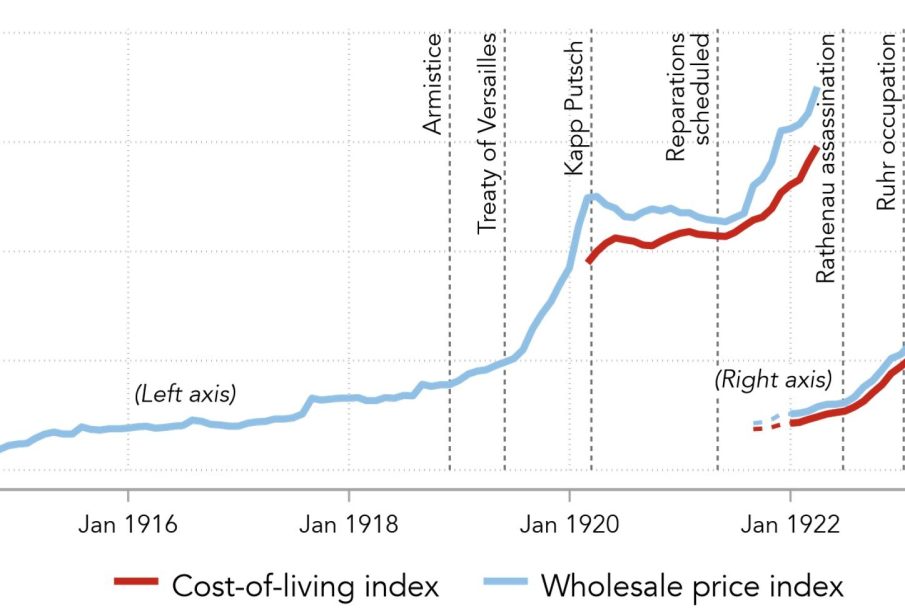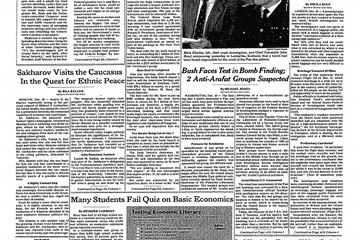Understanding the Current Inflation Rate and Its Effects

The Importance of Inflation Rate
The inflation rate is a critical economic indicator that reflects the annual percentage change in prices for goods and services. It is significant for both consumers and policymakers as it influences purchasing power, interest rates, and economic policy decisions. As inflation rates fluctuate, they contribute directly to the cost of living and economic stability.
Current Trends in the Inflation Rate
As of October 2023, the UK’s inflation rate has shown signs of stabilisation following a period of volatility. According to the Office for National Statistics (ONS), the Consumer Prices Index (CPI) inflation rate decreased to 5.0% in August 2023 from 6.8% in July. Experts suggest this decline can be attributed to easing supply chain pressures and a stabilisation in energy prices after the spikes seen throughout 2022.
The Bank of England’s recent reports confirm this trend but caution that inflation remains above its target of 2%. Rising costs in sectors such as food, housing, and transport have continued to put pressure on prices, despite overall improvements. Detailed analysis reveals that certain items like dairy products and gasoline have seen remarkable price jumps, fuelling ongoing consumer concerns.
The Impacts of Current Inflation Rates
These inflation rates have profound implications for both households and businesses. For families, high inflation can erode purchasing power, meaning that even stable incomes may feel inadequate as costs rise. In response, many consumers are tightening their budgets, prioritising essential goods over discretionary spending.
At a macroeconomic level, these inflation trends lead to uncertainty, making businesses hesitant to invest. The Bank of England faces a challenging balancing act; while raising interest rates can curb inflation, it could also stifle economic growth. The current forecast indicates that the Bank may choose to maintain rates amidst fears of a recession, weighing carefully the risks of both inflation and economic stagnation.
Conclusion
The current inflation rate, while showing signs of easing, remains a crucial factor affecting the UK economy. As families and businesses navigate these changes, the implications of inflation will continue to shape economic policy decisions. Moving forward, monitoring trends in inflation will be essential for both consumers and businesses alike to adapt to the economic landscape ahead.









